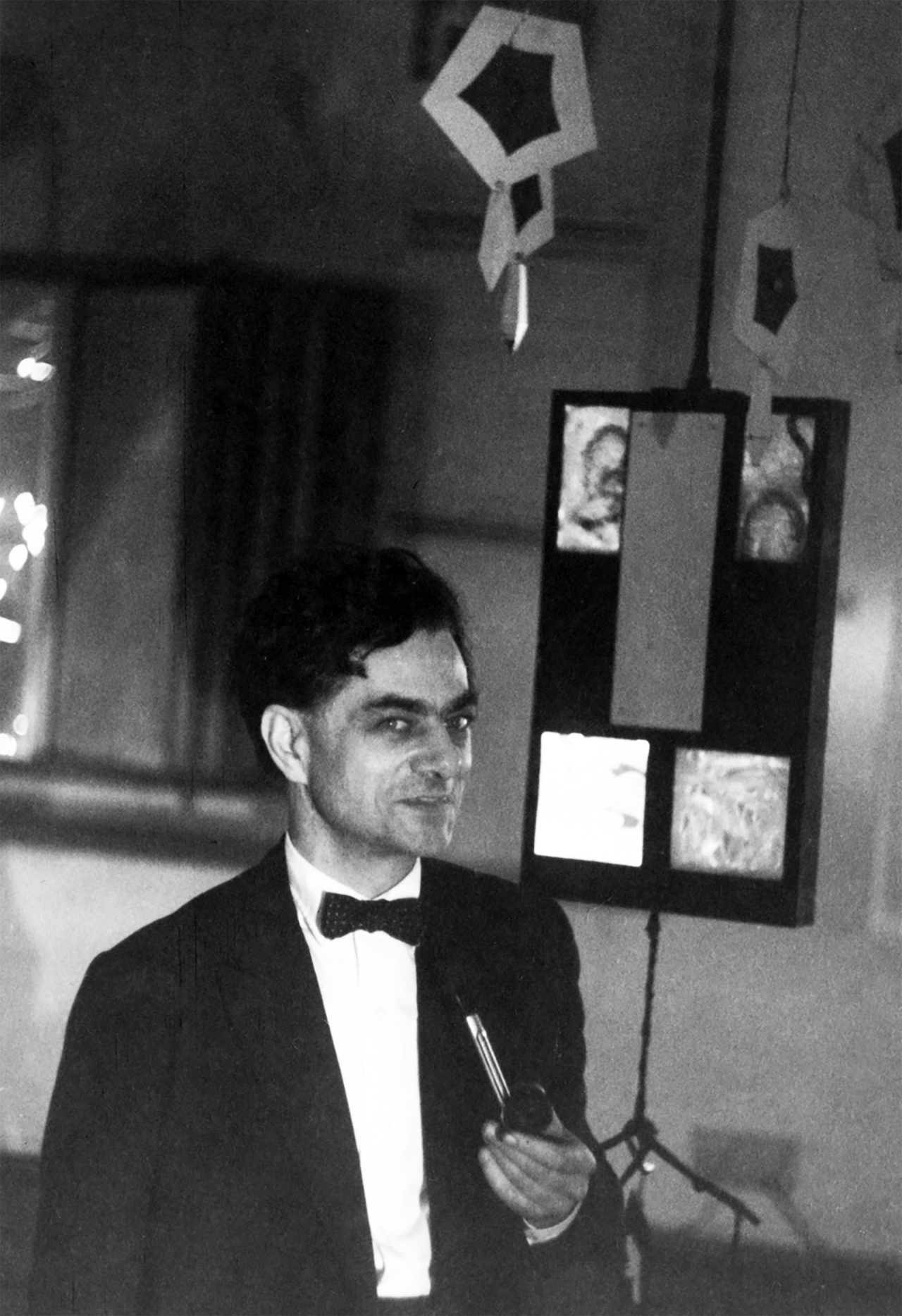Gordon Pask
Year of birth, place
Year of death, place
Biography
Andrew Gordon Speedie Pask was an English cyberneticist, psychologist, and educational theorist who made significant contributions to cybernetics, the psychology of learning, experimental epistemology, and the field of teaching machines.
Pask studied geology at Bangor University and then qualified as a mining engineer at Liverpool Polytechnic, now Liverpool John Moores University. In 1952, he earned an MA in natural sciences at Cambridge and a PhD in psychology at the University of London in 1964. As a visiting professor of educational technology, he received his first Doctor of Science (DSc) from the Open University in 1995. He was given another Doctor of Science by his college, Downing Cambridge. Since the 1960s, Pask has led commercial research at System Research Ltd in Richmond, Surrey, and its partner company, Pask Associates.
He has taught at the University of Illinois, Old Dominion University, Concordia University, the Open University, the University of New Mexico, the Architectural Association School of Architecture, and MIT.
In his contributions to cybernetics, educational psychology, learning theory, and systems theory, Pask emphasized personal nature of reality and described learning processes as the result of a consensual agreement between interacting actors in a particular environment ("conversation").
Among his most important projects in the art context were Musicolour (1953-1957), the cybernetic control of the Fun Palace (1961), conceived by architect Cedric Price and theater director Joan Littlewood in the early 1960s, and the Colloquy of Mobiles (1968), a groundbreaking installation Pask realized for the exhibition Cybernetic Serendipity (ICA London, 1968).
Pask wrote several books and more than two hundred magazine articles.
The Colloquy of Mobiles, reconstructed by Paul Pangaro and TJ McLeish in 2018, was included in the ZKM collection in 2020 thanks to Paul Pangaro's generous donation.
